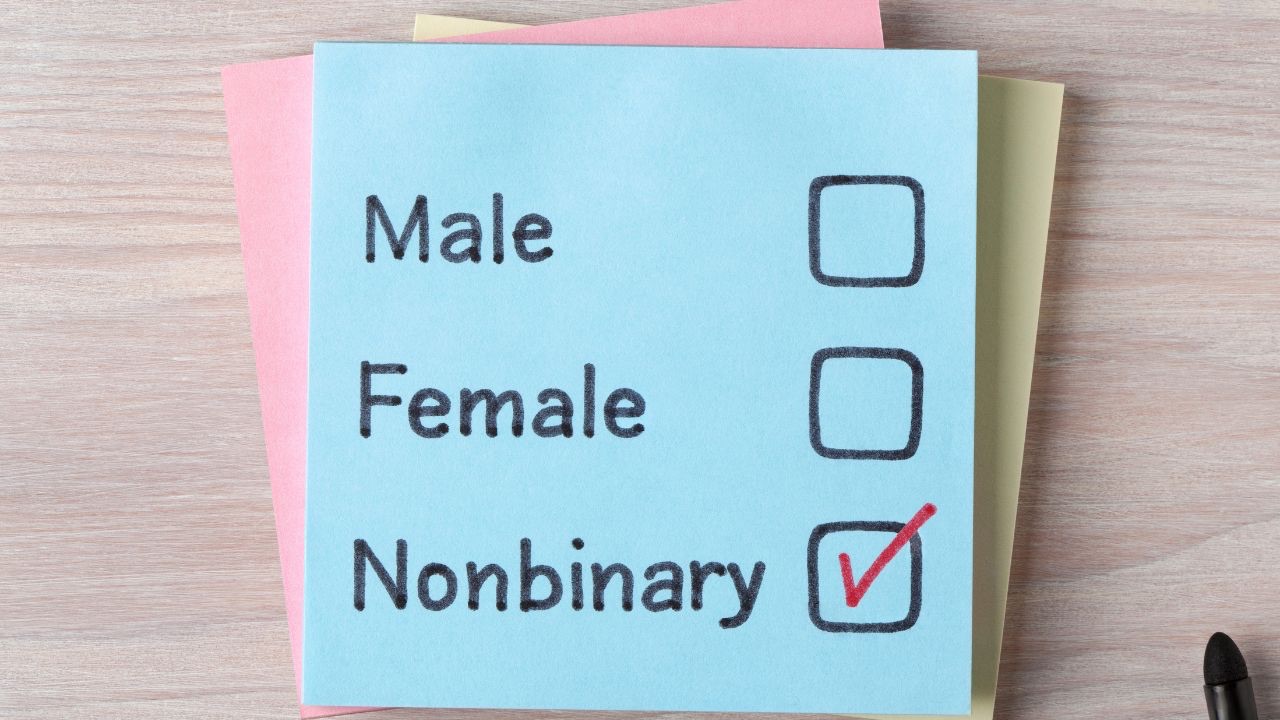
It wasn't until the past few years that I learned about gender-neutral language. When I was younger, everything was split and labeled by the gender binary. We either had a mailman or a mail-lady, not a postal person. People had a boyfriend or a girlfriend, not a partner.
I was in the military for a time after I left high school. I went to one of the first Army bases allowing women to attend basic training in the early 1990s. It was still very new for them, and the long-time drill sergeants had difficulty using language, indicating that we weren't men. The military is slow to adopt anything new. I imagine they are having a hard time with gender-neutral language.
We use gender-neutral language to communicate with our kids and to make people feel included.
This way, if our kids have non-binary or gender-expansive children in their classrooms, they will know how to interact with them appropriately. Additionally, it prepares us for the day our children may tell us they are non-binary or gender-expansive.
When my oldest came out as non-binary, I didn't have the language to talk about that correctly. I had to learn how to refer to them. Terms such as my child and my oldest became part of my vocabulary. When people ask about my children, I say, "My oldest is nonbinary, and I also have a son." It took me an embarrassingly long time to sort that out. It would've been an easy transition if I had used gender-neutral language before their coming out.
The more we use gender-neutral language, the more natural it becomes.
When we use inclusive language, it makes room for everyone at the table. It allows transgender, non-binary, and gender-expansive people to be included in conversations, communication, and just in life. It also allows them to feel seen and known. To feel like they are recognized and not left out.
Using inclusive language forces us to slow down and think about what we say when speaking. We must think about the words we choose and how we use them. When talking about our children, we have to use words that honor who they are and are respectful and appropriate.
If you don't know what words to use, it's okay to ask for help.
My son Leo had several friends in college who used they/them pronouns. Listening to him talk about them helped me to be able to transition into using gender-neutral language when talking about our oldest child. It also provided me with answers to give others who wanted to know things like, "What do you use instead of brother or sister?" or "What do we say instead of niece or nephew?"
It's okay if you make mistakes at first. Using gender-neutral language feels clumsy until you get used to it. The key is to keep practicing until it begins to flow. You may try out different phrases or combinations of words until you find the correct ones that fit your situation. That is okay too.
Keep making an effort. That's what's important.
Subscribe to get my latest content by email, and I'll send you SIX questions to ask yourself before sharing that your child is transgender: because it can be a little overwhelming and sometimes you just need to know where to start.
We hate SPAM. We will never sell your information, for any reason.

